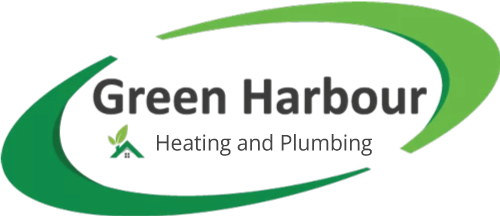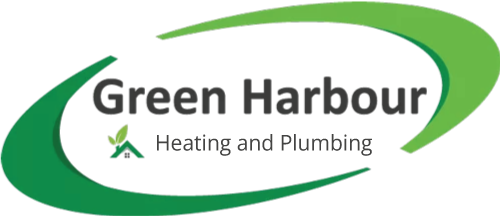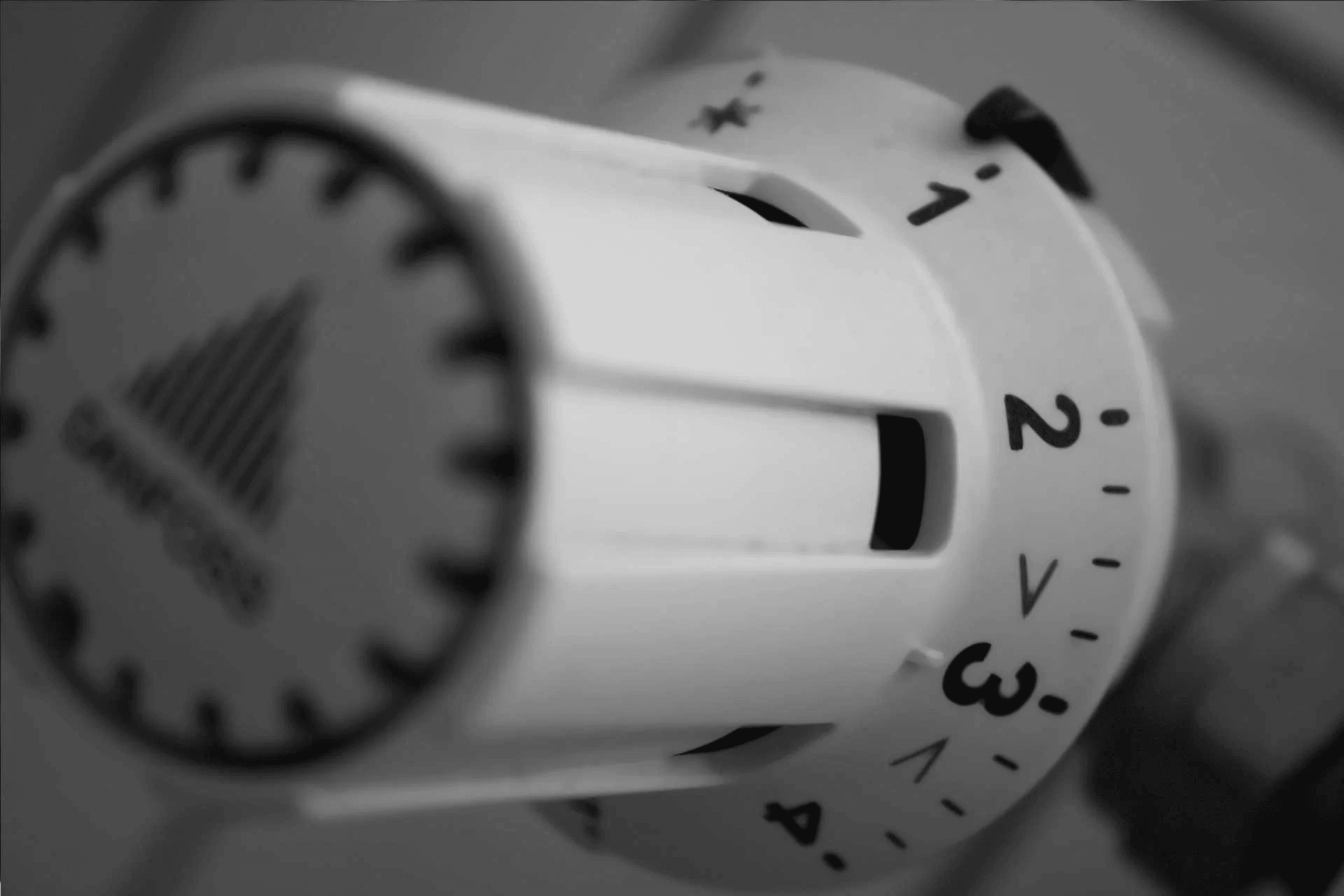Heating Controls & Heat Pumps – Time to save on your bills
The recent sharp increase in the price of oil and gas has focused people’s minds on how to reduce their spiralling fuel costs. In our blog over the coming weeks, we will consider the various options available to households to reduce their energy bills. Our last posting looked at bio-mass pellet stoves, this week we review heat controls and heat pumps.
Heat Controls
In a survey conducted on two hundred retrofitted houses in the west of Ireland, the biggest return on investment for homeowners was deemed to be heat controls. This makes sense – if you can’t control your heating, how can you control your energy bills? Heat controls will typically result in energy savings of 20%.
With modern heating controls you can accurately match your space heating and hot water schedules to the working and living patterns in your home, so when heat and hot water are required, it is there. When it’s not need, it is turned off. At a minimum, your heating systems should be split into two independently controlled zones. They are your ‘Space Heating Zone’ and your ‘Domestic Hot Water Zone’. This allows you to heat your domestic hot water without needing to turn on your space heating. It will also allow you to use your boiler to heat your hot water in the summer time, without using the immersion. Additional zones can also be put in place in large homes to split upstairs and downstairs or living areas and bedrooms.
There are grants of up to €700 for Heating Controls. This should cover most of the cost.
Heating Controls | Pro’s | Con’s |
Average 20% reduction in heating bills | More expensive that manual thermostats. | |
Convenient – Remote Access | ||
Smart – they learn your habits. | ||
Generous Grants. |
Heat Pumps
Heat Pumps operate by transforming energy from the outside air into heat, meaning every 1kW of electricity used to power the heat pump is capable of providing up to 5kW of energy in a well-insulated home. This helps to reduce heating bills by up to 60% and cut CO2 emissions by 50%.
Heat pumps work much more efficiently at a lower temperature than a standard boiler system.
An air to water heat pump extracts heat from the outside air in the same way that a fridge extracts heat from its inside. It can get heat from the air even when the temperature is as low as -15° C.
This makes them very suitable for underfloor heating systems or larger radiators, which give out heat at lower temperatures over longer periods of time.
There are a number of factors to consider when choosing an air to water heat pump:
- Brand of the pump.
- The efficiency/performance of the pump.
- The size of the home
- The insulation of the house.
Your home must well insulated to benefit from a heat pump. The SEAI will not provide grants unless you have a BER of B2 or greater.
For an average Irish home, an air source heat pump may cost about €12,000 to €18,000. The SEAI provides grants of €6,500 for a house and €4,500 for an apartment. There is also a €200 grant for a technical assessment which is compulsory before applying for the larger grant.
Heat Pumps | Pro’s | Con’s |
Can reduce heating bills by 60% | More expensive than boilers | |
Generous SEAI grants. | May require extra expense to insulate your home |
James Kelly is CEO of Edenderry based energy solutions company, Green Harbour. info@greenharbour.ie.









